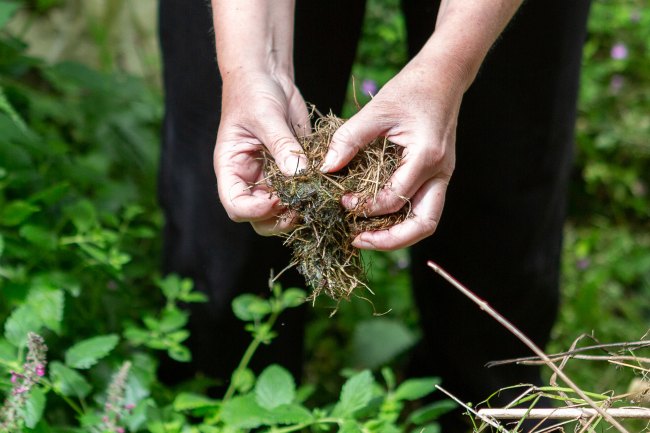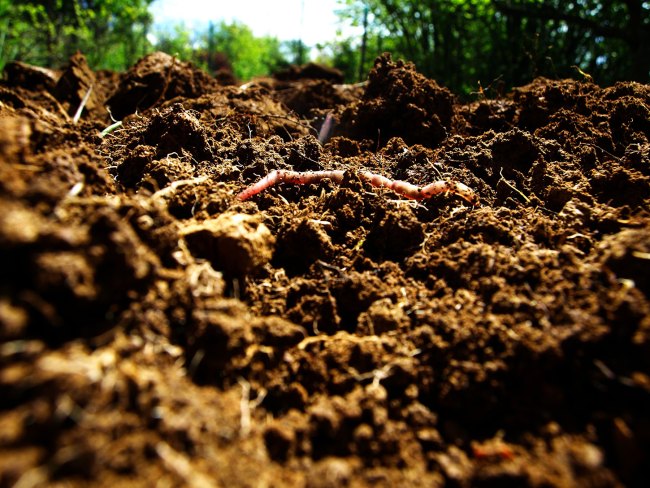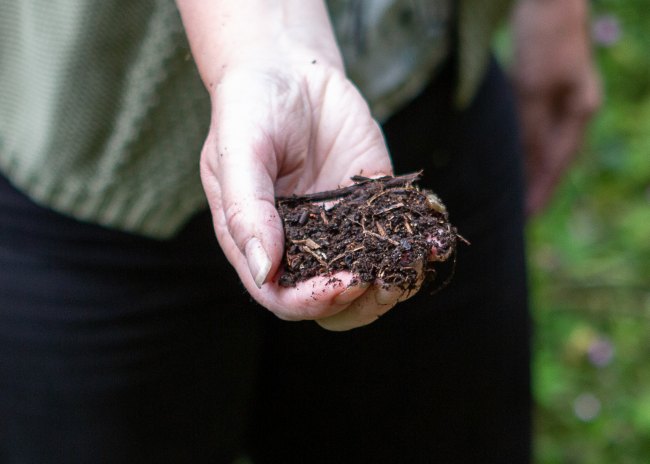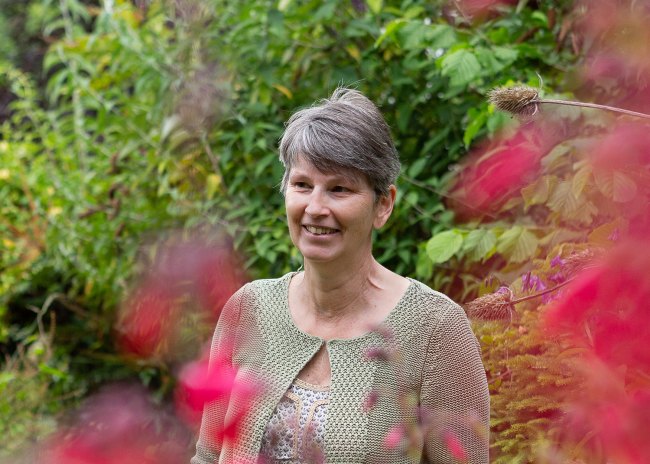Make your own great compost

Compost helps keep soil and roots healthy and needing less watering. It helps soil retain moisture and used as mulch shades and cools plants’ roots, as well as helping the rain get in. Janet Manning, horticultural scientist, has some do’s and don’ts to get started with making your own compost.
For great compost all that’s needed is a little space and plenty of air – either by keeping the compost heap loose by adding hedge trimmings or by regular turning. Even if you compost weeds, prunings, lawn mowings and all your plant material from the garden, you’ll be surprised how much and how quickly the volume reduces.
However, if you want to reduce the risk of rats or mice using your compost bin, never add cooked food and use the council food waste bin for any fruit and vegetable peelings. Also avoid adding lawn mowings to your compost if you have used a weedkiller. This is because clopyralid herbicide can cause problems by remaining active in the compost. Instead, mow regularly, leaving the mowings to mulch into the lawn.
So once you’ve got a great home-made mulch, how much should you water it? Read about how different ways of watering can save time, nutrients and water.

Think of your soil as a reservoir
Get a better feel for the amount of water needed for your plants

Go peat free for more sustainable gardening
The benefits of going peat free and how to water it correctly

Introducing Janet Manning
A leading horticultural scientist, Janet shares her knowledge on how to grow better plants
